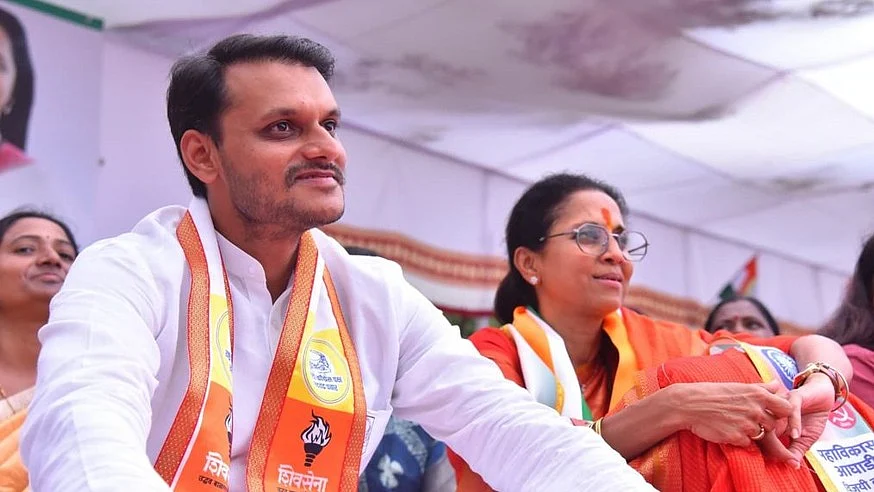In commemoration of World Tuberculosis Day, which is observed on March 24, the State Health Department has announced plans to deploy high-end molecular testing machines in tribal belts of Maharashtra for faster detection of the disease. Renewing the pledge of eradicating TB by 2025, senior health officials said they want to expand advanced TB testing facilities so that it can reach people living in hinterlands.
Machines can detect TB with low bacterial rates
“Our main aim is to enhance the early detection rate of TB, control transmission and enable faster access to treatment. Moreover, this advanced machine will detect TB in sputum samples with a low bacterial load, which often go undetected under a microscope,” explained a doctor.
According to the plan, the Health Department will procure an additional 100 indigenous molecular-testing machines called TrueNat. Currently, there are 229 TrueNat machines at public hospitals in urban areas. “We will be raising funds through the corporate social responsibility (CSR) initiative for the procurement of these machines. We have also demanded additional 460 TrueNat machines from the Centre's TB division, which will be installed at rural public health centres,” said senior official from the Directorate of Health Services (DHS).

WHO recommends use of molecular tests to detect TB
The World Health Organisation has recommended the use of molecular tests for TB detection instead of smear microscopy as the former gives more precise results. The made-in-India TrueNat machine is the indigenous version of the US-made Cartridge-Based Nucleic Acid Amplification Test (CBNAAT), also known as GeneXpert. India has been importing and using these expensive CBNAAT machines to detect MDR-TB (drug-resistant tuberculosis) since 2015.
Health experts say advanced machines will boost TB detection
Welcoming the move, health experts said installing advanced machines in tribal areas will not only boost TB detection but also medical facilities as they will be available at the doorstep of people. “There is a need to create more awareness related to TB so that people come forward for treatment instead of getting scared of living with a taboo. Advance machines in tribal areas will be a gamechanger as we will get an exact number of people living with TB. The data will help in (formulating) TB eradication programmes,” they said.







